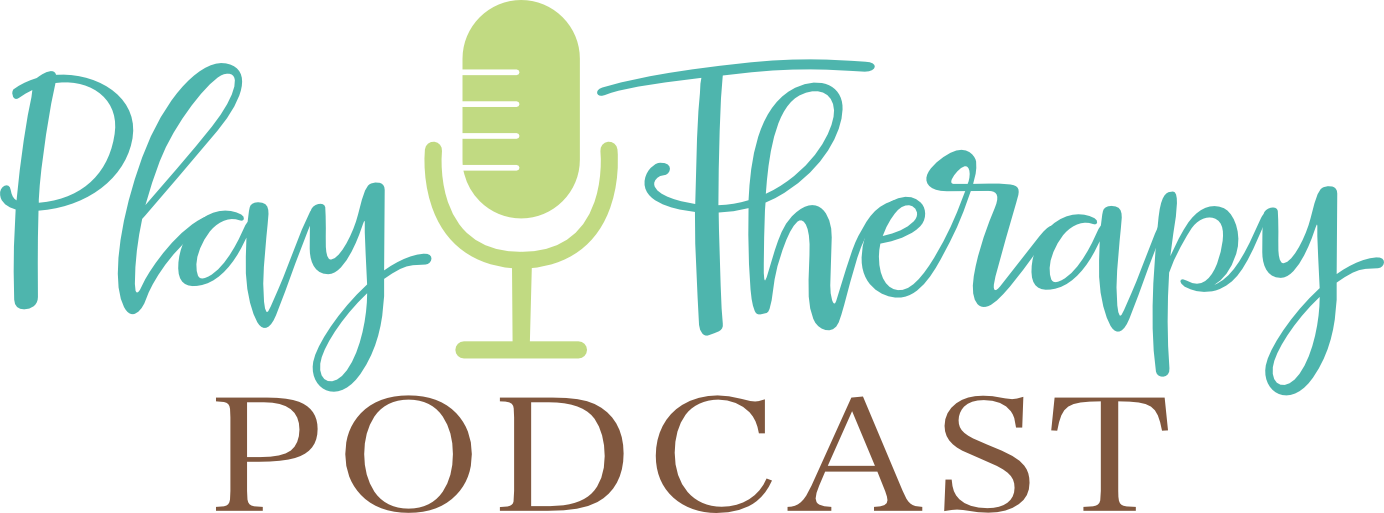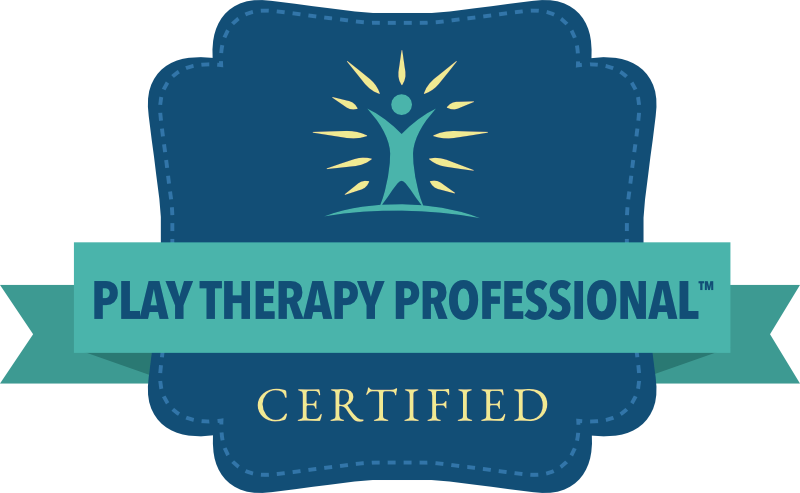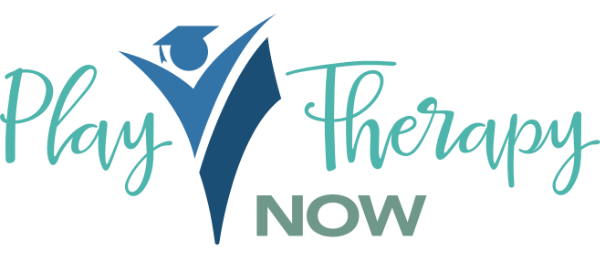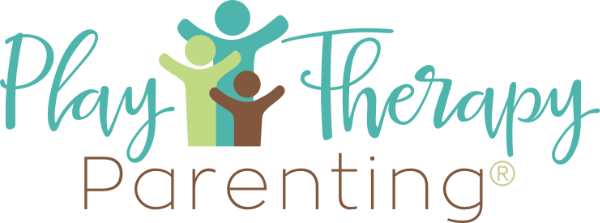Q&A Lightning Round #6: Three Questions From Listeners Answered
Melanie from Iowa, who has recently fully committed to CCPT after previously using other approaches, wonders if it’s too late for play therapy to be effective with a particular child. I reassure her that it’s never too late, though the relationship has to shift when transitioning to true CCPT. Trust and safety need to be re-established, so progress may be slower but not impossible.
Finally, Julia from California asks how to handle kids requesting that the therapist not look at or talk to them during sessions. I discuss potential reasons like power/control, discomfort with reflections, or inability to receive the therapist’s responses. I advise still doing our job of verbally engaging, but adjusting pace, volume and frequency to a level the child can manage, while explaining the purpose behind the skills we’re using.
If you would like to ask me questions directly, check out www.ccptcollective.com, where I host two weekly Zoom calls filled with advanced CCPT case studies and session reviews, as well as member Q&A. You can take advantage of the two-week free trial to see if the CCPT Collective is right for you.
Ask Me Questions: Call (813) 812-5525, or email: [email protected]
Brenna’s CCPT Hub: https://www.playtherapynow.com
CCPT Collective (online community exclusively for CCPTs): https://www.ccptcollective.com
Podcast HQ: https://www.playtherapypodcast.com
APT Approved Play Therapy CE courses: https://childcenteredtraining.com
Twitter: @thekidcounselor https://twitter.com/thekidcounselor
Facebook: https://facebook.com/playtherapypodcast
Lightning Round: Tackling Your Child-Centered Play Therapy Questions
In today’s episode, I’m doing a mini lightning round to answer three listeners’ questions about child-centered play therapy (CCPT). Thank you to Melanie from Iowa, Cindy from California, and Julia from California for submitting your questions!
Emotions vs. Academics: Why CCPT is Essential for Learning Coping Skills
Cindy asked how to respond when parents say that if kids under 12 aren’t cognitive or rational, then why can they learn reading, writing, and math, but not the skills to cope. This is a great question and a common concern among parents.
First and foremost, it’s important to understand that academics are formulaic and structured, whereas emotions are non-linear and often overwhelming for children. Learning to read, write, and do math follows a clear system that children can grasp. However, understanding and managing emotions is a completely different process that requires a therapeutic approach.
In CCPT, children learn coping skills, resilience, problem-solving, and more through the context of the relationship with the therapist. The therapist serves as a guide, providing a safe and secure environment for the child to navigate their emotional world. This is a crucial distinction between academic learning and emotional growth.
Transitioning to True CCPT: It’s Never Too Late
Melanie, who has been working with a child for around six months, recently made the shift to fully embrace CCPT after initially using other approaches. She worries that it might be too late for play therapy to be effective with this child now that she has a better understanding of the CCPT process.
To Melanie and all therapists who have made the transition to true CCPT mid-treatment: it’s never too late. While the rapport and relationship from previous sessions still exist, they need to shift to align with the CCPT approach. The work done before is still valuable, but it’s like starting a new version of the therapy process.
Rebuilding momentum, re-establishing the relationship, and helping the child get comfortable with this new approach may take some time. Progress might be slower compared to starting with CCPT from day one, but it doesn’t mean it won’t work. As soon as you’re fully committed to CCPT, the child will begin to make the gains we hope to see.
Handling Avoidant Requests: “Don’t Look at Me!”
Julia asks how to handle situations where children say, “don’t look at me” or “don’t talk” during sessions. She wants to respect their requests while still showing that she’s engaged.
This is a common occurrence in CCPT, and it’s essential to understand the potential reasons behind these requests. Children may be seeking power and control, feeling uncomfortable with hearing their experiences reflected back to them, or struggling to receive the therapist’s responses.
As therapists, we cannot do our jobs effectively if we remain silent. Our skills, such as reflective responding, tracking behavior, and using the four pillars, serve a purpose and are crucial to the CCPT process.
When a child asks us not to talk, we should immediately reflect back that they are feeling something about our responses. If they continue to resist, we can adjust our approach by slowing down the pace, reducing the frequency of our responses, or speaking more quietly until the child can manage the engagement.
It’s also important to explain the purpose behind our techniques to the child in a way they can understand. Let them know that you’re reflecting their feelings and experiences to show that you’re paying attention and understanding what’s happening for them.
Thank you again to Melanie, Cindy, and Julia for your thought-provoking questions. I hope this lightning round has provided some valuable insights and practical tips for navigating common challenges in CCPT.








